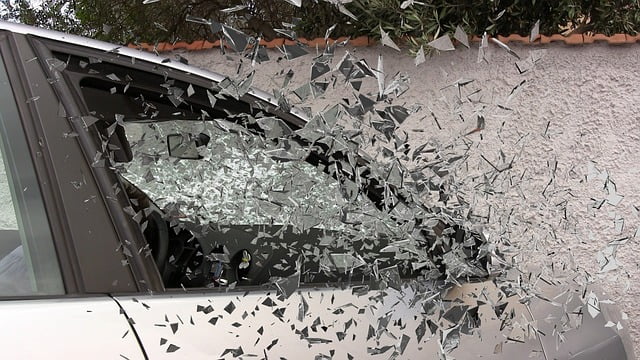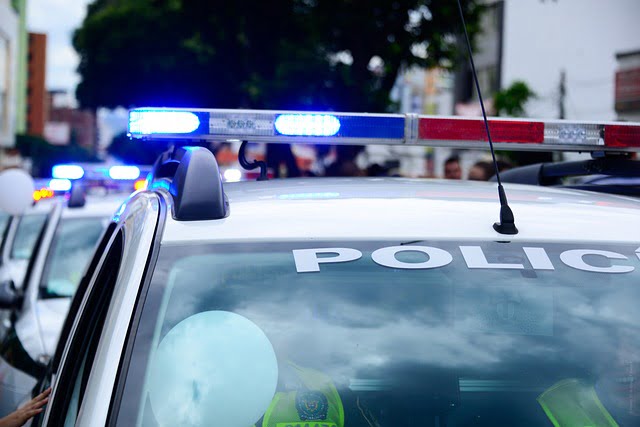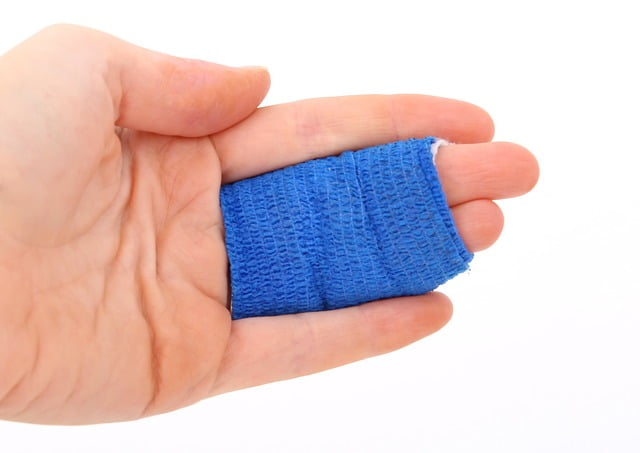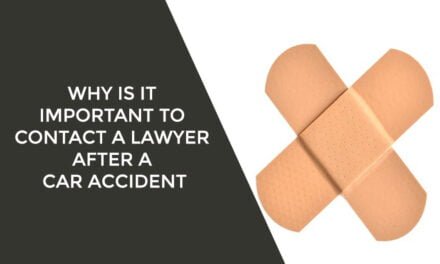Accidents can often leave someone injured or property damaged. In these cases, you’ll often have a legal matter on your hands, whether you were at fault or not, and may have had to receive medical care for any injuries. You can follow these guidelines but please consult a medical professional or an attorney before implementing the advice on this page.
Table of Contents
Legal Advice
Being involved in a road accident is unfortunately quite common these days. If you do happen to be involved in an incident, particularly if it involves a third party, then it is important to contact an attorney as soon as you can. You could even hire a specialised motorcycle accident attorney if you’re a biker because they’ll have the expert knowledge to help you in your specific circumstances.
Do Not Admit Fault
Do not discuss anything to do with the accident except with your lawyer, insurance company and police. Apologising to somebody or a well-meaning “that was my bad” puts you at fault and could cost you a legal case. Simply check to see if anyone is hurt and start collecting evidence.

Gather Evidence
At the scene of the accident, it’s suggested to take as many photos of the incident as possible because it may be the case that you could be going to court. This is when you’ll be glad you took the time to record as much as possible after the accident occurred. Constantly carrying our mobile phones around nowadays makes this much easier. If you were involved with another driver then you should record anything they say as soon as you get out of the car, take photos of the damage to both vehicles, tyre marks, injuries and any other relevant things. Try and get as many photos of as many different things from a variety of angles.
If you’ve got a dashcam, the footage from this could be crucial – and if you don’t currently have one, you should seriously consider installing a dashcam into your car. It can capture footage of the actual incident to share with police, insurance companies and can help prove your innocence.
Collect Contact Information
Take phone numbers and names of everyone who was involved or around at the time of the accident. They can be used as eyewitnesses to provide statements and testimonies. Note down all the number plates and models of vehicles involved in the accident, along with any other relevant details.

File a Police Report
Depending on your local laws and guidelines, you may be required to call the police to file an accident report. You may be required to do this immediately if there are injuries, the value of the accident appears to be quite costly, or if anyone involved may be inebriated; otherwise, you might just have to call a collision reporting centre within 24 hours. Do not leave the scene of the accident but remain cooperative and calm with the police and any other people involved.
Contact Your Car Insurance Company
Speaking with your car insurance company sooner rather than later is super important. They can let you know what the next steps are and take you through the claims process. Remember to be honest about what happened so they know how to best assist you, and to avoid anything coming back to haunt you later on in a claims process or legal case.
It’s easy to fall into the trap of selecting a car insurer with the lowest rate, but the point of the insurance is that it actually protects you and covers cost should something happen when you’re driving, rather than it just being something that you’re required to do by law. There are different things to consider when selecting a car insurance policy including deductibles (how much you’ll pay towards a cost if you make a claim), personal injury, breakdown cover and much more.
Medical Advice
It’s important to care for yourself in the long term rather than just immediately after an accident. Accidents can cause long-term injuries even in smaller collisions, such as whiplash or broken bones, or even impacts on your mental and emotional well-being.
Check for Injuries at the Scene
Remain calm and check yourself for injuries, moving slowly so as not to worsen any injuries you may have obtained. Examine any passengers in your vehicle and then, if safe to do so, exit your vehicle and check on anybody else involved in the accident. If at any point you realise someone is hurt, then contact emergency services as soon as possible.

Go for a Medical Examination
Even if you think you are okay, it may be wise to go to a doctor. Some injuries can have a delay before symptoms show, which is often caused by adrenaline masking the pain at the time of an accident. A common example is suffering a concussion, which is caused when you hit your head, but you may not realise this for a few days; whereas a doctor can test for this and treat this sooner than symptoms show or worsen.
Receiving a medical exam and treatment can help you in legal situations as well. If you have medical reports of injuries, no matter how minor they may be, this can be used as evidence in court.
Record Your Symptoms
Keep a diary detailing your symptoms and injuries because this can help your doctor diagnose and treat you. In addition to helping your recovery, showing evidence of the progression of your injuries and how long it affected you will help in injury claims (consider also taking photos of injuries over time to help present the extent and nature of your injuries).
See a Therapist
Accidents can be traumatic events and can lead to mental health illnesses such as PTSD and depression. Speaking to someone about your struggles can help you work through your fears and feelings to help you get back on track.
All in all, it’s important to take care of yourself in a medical and legal sense when you’ve been involved in an accident. Following medical and legal advice can ensure you will be financially covered and physically and mentally well.




